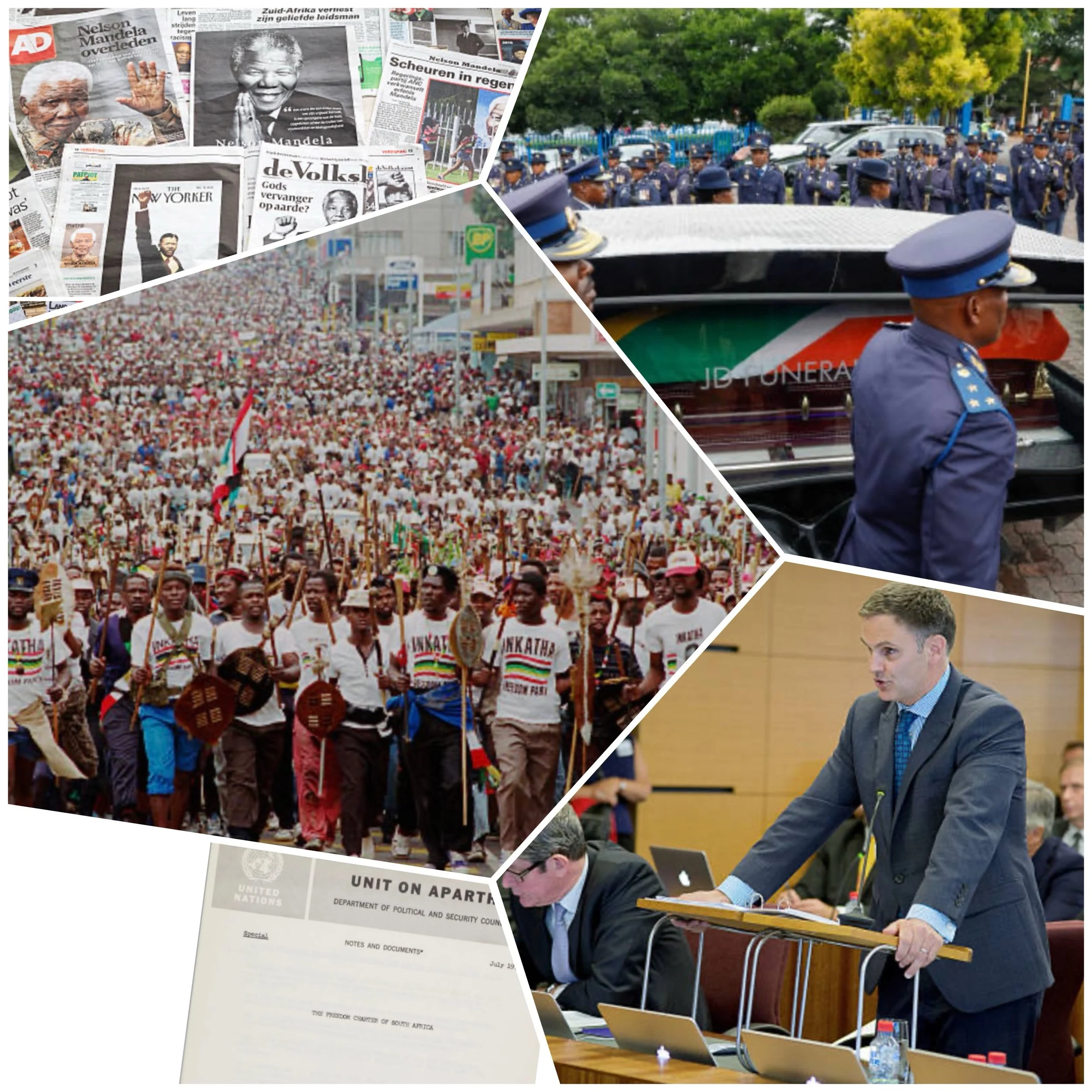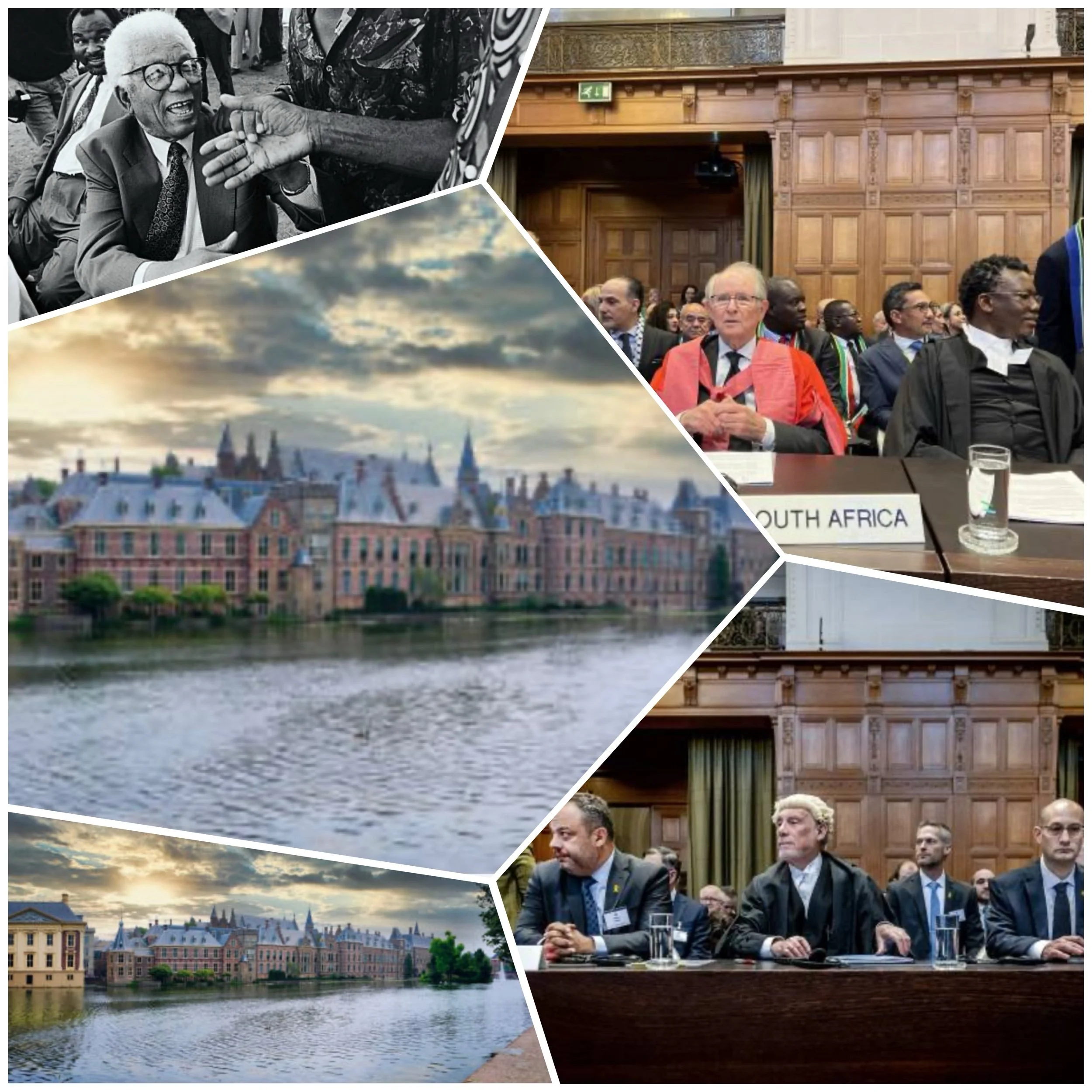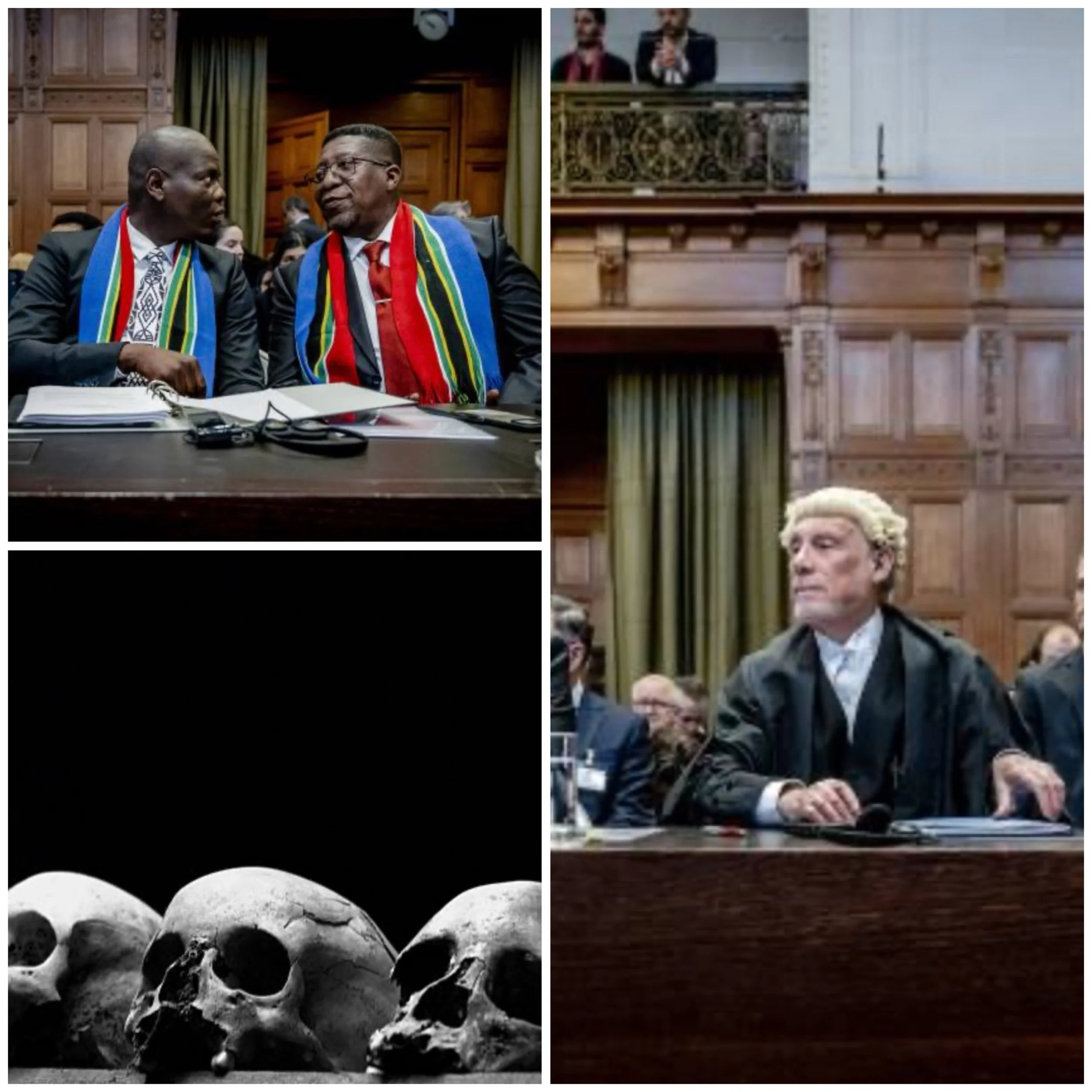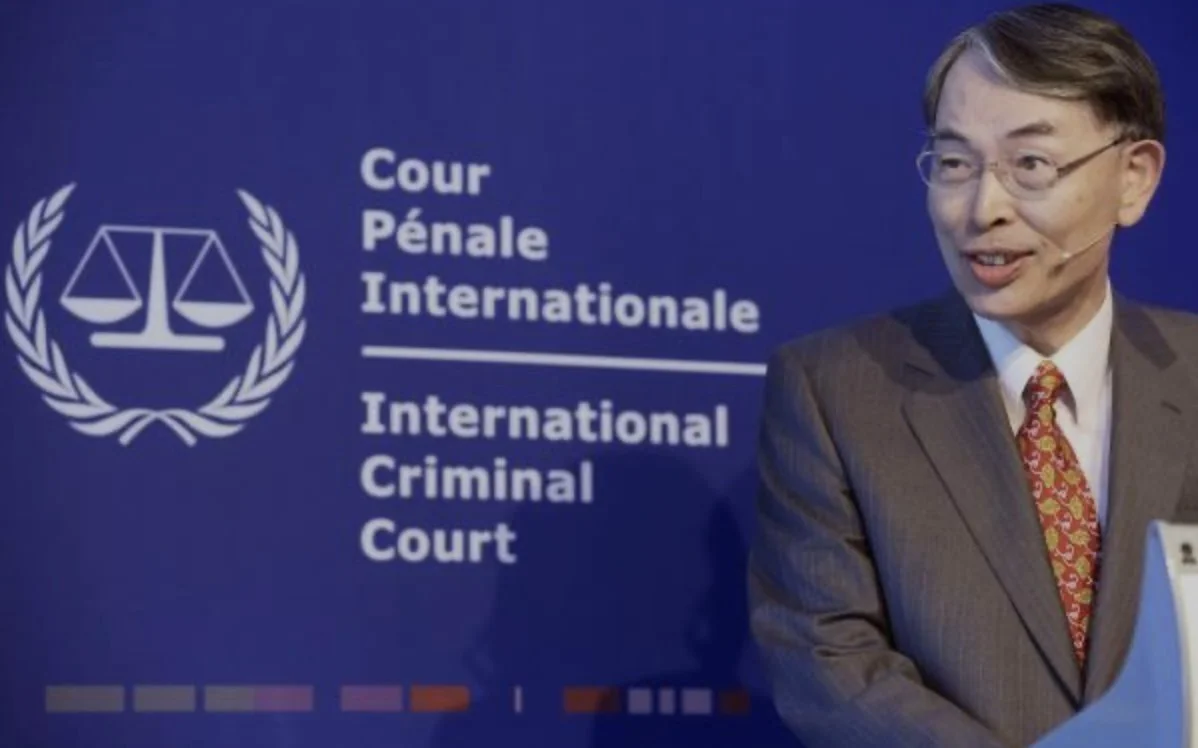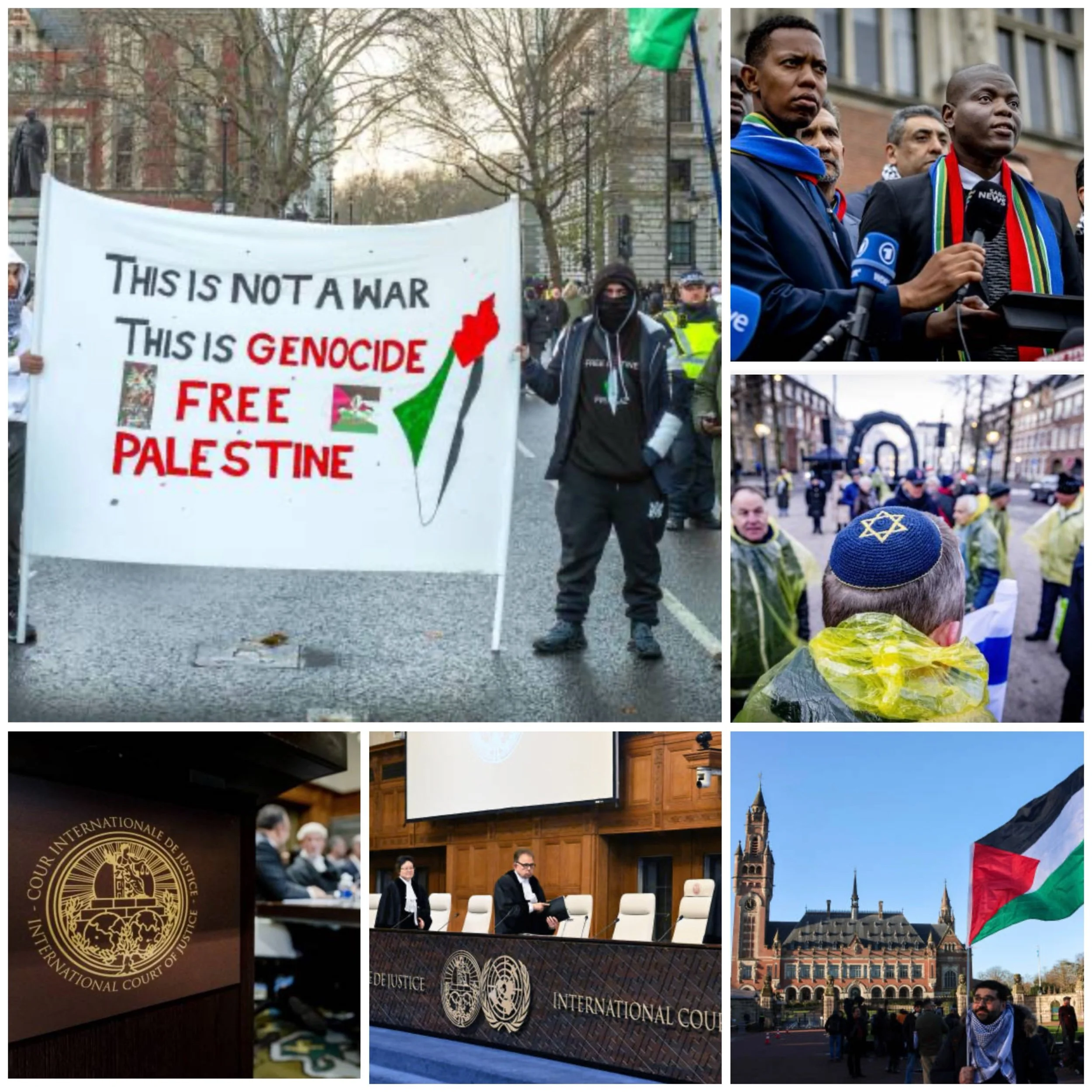Case study - The Waiting Game South Africa's ICC Case Against Israel
Introduction
The Waiting Game South Africa's ICC Case Against Israel
In a world where justice is often sought but rarely swift, the question of why South Africa's case against Israel at the International Criminal Court (ICC) has been delayed is capturing global attention. For global affairs enthusiasts, political analysts, and human rights advocates, the delay not only raises questions about the complexities of international law but also highlights the intricate geopolitical balances at play.
South Africa filed its case on December 23, 2023, accusing Israel of human rights violations. Yet, more than a year later, there seems to be little progress. This blog aims to shed light on the factors contributing to the delay, offering insights into the challenges and hurdles faced by the ICC in dealing with such a high-profile case.
Understanding the ICC Process
The International Criminal Court, established in 2002, is the first permanent international tribunal to prosecute individuals for the most serious offenses, including genocide, war crimes, and crimes against humanity. Its mandate is to ensure accountability for these crimes and offer justice to victims worldwide. However, the process is notoriously complex and lengthy.
Before a case can proceed at the ICC, it must undergo a preliminary examination where evidence is reviewed to determine the necessity of a formal investigation. This phase can take years, as the court meticulously evaluates all available information to ensure there is a reasonable basis to believe that crimes within the court’s jurisdiction have been committed.
In the case of South Africa vs. Israel, the preliminary examination itself is a significant factor contributing to the delay. With allegations of human rights violations involved, the court has to manage vast amounts of complex evidence, including testimonies, satellite images, and documents from various international bodies.
Geopolitical Tensions and Their Role
The geopolitical landscape plays a crucial role in the ICC's proceedings. The case against Israel, in particular, is fraught with diplomatic sensitivities. Israel, not being a party to the Rome Statute, which established the ICC, presents a unique challenge. While South Africa has brought forward its accusations, Israel's non-cooperation means that gathering evidence and testimonies is more complicated.
Furthermore, the case has significant international implications. Many countries, including powerful nations, have vested interests in the outcomes of such trials. These geopolitical tensions can influence the pace at which a case proceeds, as the ICC must balance its pursuit of justice with the need to maintain international peace and cooperation.
Legal Complexities and Jurisdictional Challenges
Legal intricacies also contribute to the delays in ICC cases. The question of jurisdiction is particularly contentious in the South Africa vs. Israel case. The ICC must first establish whether it has the jurisdiction to hear the case, which can be a prolonged process involving rigorous legal debates and interpretations of international law.
The ICC's jurisdiction is limited to crimes committed on the territory of its member states or by their nationals. Since Israel is not a member state, this poses a significant legal challenge. The court must ascertain if the alleged crimes have a sufficient connection to a member state's territory or nationals to fall under its jurisdiction.
Gathering Credible Evidence
The collection of credible evidence is a fundamental aspect of any ICC case. In the context of alleged human rights violations, this task becomes even more daunting. The ICC relies on various sources of evidence, including witness testimonies, reports from non-governmental organizations, and data provided by state parties.
In this case, the political climate and security concerns in the region make it challenging to gather firsthand testimonies. Witnesses might be reluctant to come forward due to fears of reprisal, while logistical difficulties can hinder the efforts of investigators to access key locations and gather on-ground evidence.
Time-Consuming Nature of International Law
International law is inherently slow-moving, primarily due to its complex nature and the diverse parties involved. The ICC's primary objective is to deliver justice without bias or haste, ensuring that all proceedings comply with strict legal frameworks and standards.
This commitment to thoroughness, while essential, contributes to the extended timelines. The court must carefully consider every piece of evidence, conduct exhaustive interviews, and ensure that all legal processes are transparent and fair.
Political Pressures and Institutional Constraints
Political pressures from various states can also impact the timeline of ICC cases. While the court operates independently, it functions within a global political environment where state interests and international relations can exert influence, albeit indirectly.
Additionally, the ICC faces institutional constraints, including limited resources and personnel. These constraints can delay investigations and proceedings, as the court manages concurrent cases and limited bandwidth.
The Impact of Media and Public Opinion
Media coverage and public opinion can have both positive and negative effects on ICC proceedings. On one hand, increased visibility and scrutiny can drive the court to prioritize certain cases. On the other hand, excessive media pressure might hinder the unbiased assessment of evidence, as the court strives to maintain its integrity amidst public scrutiny.
In high-profile cases like South Africa vs. Israel, the media plays a pivotal role in shaping public perception and expectations, which can sometimes clash with the court's procedural timelines and legal obligations.
The Role of Non-Governmental Organizations
Non-governmental organizations (NGOs) are crucial players in ICC cases, often providing critical evidence and advocacy. In the current case, NGOs have been instrumental in documenting alleged human rights violations and supporting victims.
However, coordinating efforts between the ICC and NGOs requires time and diplomacy. The court must verify the authenticity of NGO reports, integrate their findings into its legal framework, and ensure that all evidence meets the court's stringent standards.
Efforts to Expedite the Process
Recognizing the importance of timely justice, the ICC is continuously working to streamline its processes. The court has implemented measures to improve efficiency, such as adopting digital technologies for evidence management and enhancing collaboration with international partners.
These efforts aim to reduce delays and ensure that cases like South Africa vs. Israel are resolved more swiftly, providing closure to victims and reinforcing the ICC's credibility and effectiveness.
Conclusion and Future Prospects
The delay in South Africa's ICC case against Israel underscores the complexities inherent in international justice. While frustrating, these delays are often necessary to ensure that justice is served with fairness and integrity. For global affairs enthusiasts, political analysts, and human rights advocates, understanding these intricacies provides valuable insights into the workings of international law.
As the ICC continues to evolve and adapt to the changing global landscape, there is hope that future cases will benefit from improved processes and greater efficiency. In the meantime, staying informed and engaged with developments in this case can contribute to a broader understanding of the challenges and potential of international justice systems.
For those interested in a deeper exploration of the ICC's role and impact, further resources and expert analyses are available to guide you through the intricacies of this fascinating field.

